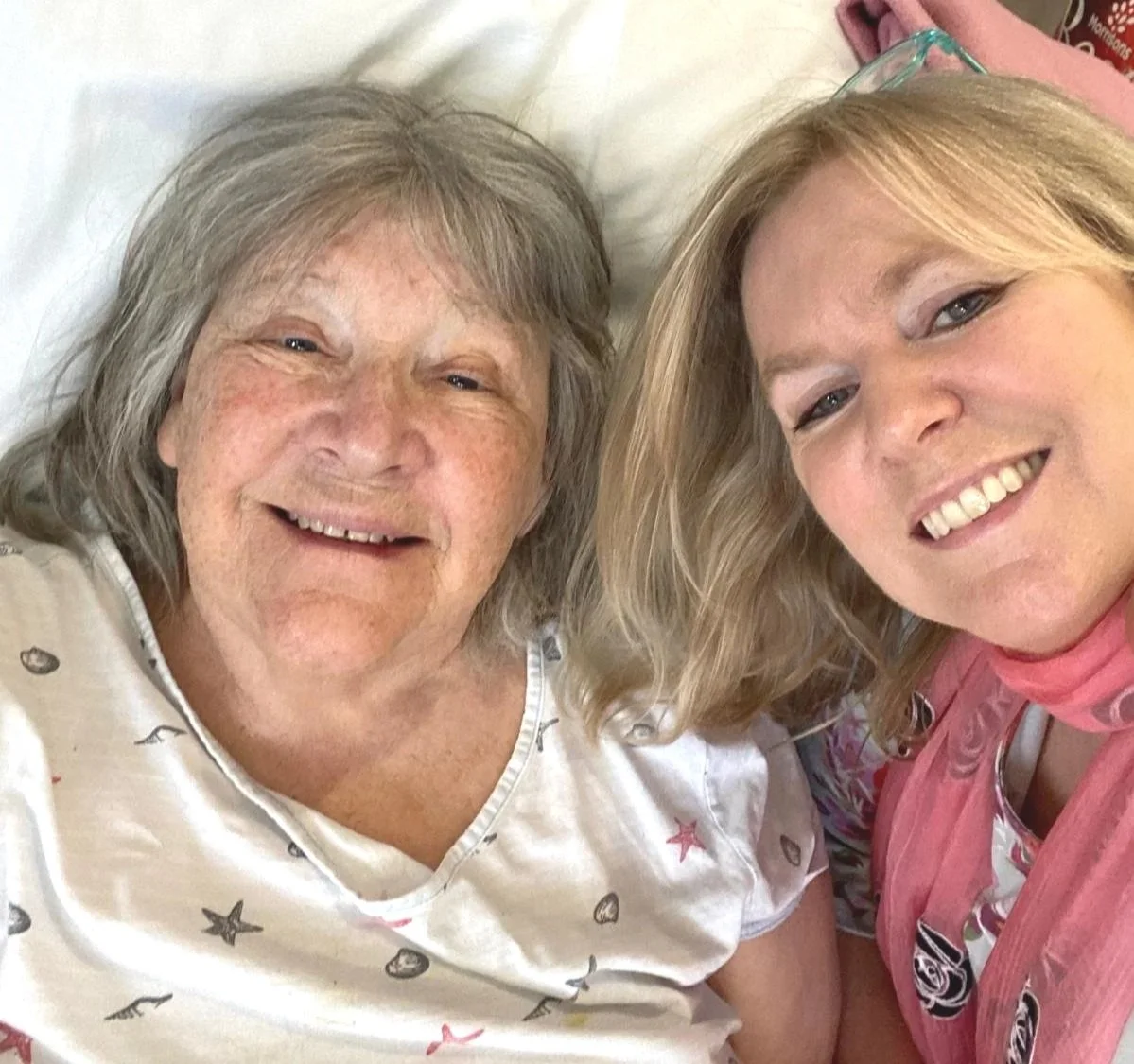Caring for Smiles: Making Oral Health a Priority for Our Older Ones
Providing loving care has been at the core of all our efforts in the Jah-Jireh Homes. Caring for our residents’ meals, housekeeping, nutrition, and other essentials keeps us busy, but it’s just as important to pay attention to the little things. The details that could help them in the long run and keep them healthy. This includes Oral Health.
At Jah-Jireh, we keep oral care ongoing all year long, and every June, we give it special attention in our training and operations. In this article, we thought it would be helpful to share what we do and some advice that has helped us in the care of elderly ones. We hope it will help you too.
Why Oral Health Matters So Much
As we grow older, our needs change, and this is true of our oral and dental needs too.
Findings in a study by the British Regional Heart Study of British men in the age bracket of 71-92 showed that:
20% had no teeth left (edentulous)
43% had fewer than 21 teeth
19% reported periodontal disease
16% showed gingival bleeding
35% reported fair/poor oral health
11% reported difficulty eating due to oral health problems.
31% reported 1–2 symptoms of dry mouth and 20% reported 3–5 symptoms of dry mouth.
Oral Health, then, is a major concern and is much more than aesthetics or the loss of teeth. This paper, published by the British Association for the Study of Community Dentistry, puts it well:
“Good oral health is an essential part of active ageing (World Health Organization, 2002). Ensuring that people can participate in social life free from embarrassment or pain and continue to enjoy a balanced and nutritious diet, contributes hugely to quality of life and general health. Malnutrition is a particular problem among the elderly, with 1.3 million of the 3 million people affected in the UK over the age of 65 (AgeUK, 2015). Any restrictions placed on the variety of foods that an individual is able to eat, such as painful or loose teeth or dentures may contribute to deteriorating nutritional status.”
Poor oral hygiene affects more than malnutrition. It can also impact:
heart health
blood sugar levels
lead to infections
Common Oral Challenges in Older Adults
Here are a few common concerns we look out for in our residents:
Dry mouth, which can be caused as a side effect of certain medications.
Tooth decay or gum problems when brushing becomes difficult.
Oral thrush due to dentures being in too long.
Lesions or irritation caused by dentures that don't fit well.
Gentle Tips for Everyday Oral Care
Oral care routines are made to fit the unique demands of each individual, but here are a few gentle and practical ways to help:
Brush twice daily with a soft toothbrush and fluoride toothpaste. It can go a long way in helping to maintain dental hygiene.
You can offer sips of water often, which helps with dryness of the mouth.
Encourage rinsing with a mild and alcohol-free mouthwash to keep the mouth clean.
Use electric toothbrushes or adapted handles to make brushing easier for those with reduced grip.
Denture Care Tips
Dentures are part of daily life for many elderly ones. If they are unable to monitor it, here are some things that you can help them with:
Dentures should be cleaned gently every day and rinsed after meals.
It’s important to remove them at night so the gums can rest
Watch for signs of redness or rubbing, which may mean the fit needs adjusting.
Ensure dentures are kept in clean, lukewarm water when not in use.
Don’t Skip the Check-Ups
Even when everything looks fine, regular checks help us stay ahead. We work closely with families, GPs, and dentists to ensure:
Yearly dental reviews, or more often if needed.
Medication reviews, especially if dry mouth is affecting comfort.
Nutritional reviews to ensure residents are eating well and enjoying mealtimes.
Updates to care plans so everyone’s oral care is well-supported and current.
What We Do in Jah-Jireh to Ensure Good Oral Care
Mark Donnelly, the Chief Executive Officer of Jah-Jireh Homes, outlines the measures in place to ensure good Oral Care in the homes:
“Oral Care is a very important aspect of care in our homes; activity is ongoing throughout the year. Once a year in June, we focus on this as a subject matter in our training and operations. We have a policy for Oral Care and provide resources to support our staff in their knowledge and skills.
Each home strives to have an Oral Care Champion, who has the following goals:
Work to promote throughout the service the implementation of the NICE Oral health guidelines for adults in care homes
Ensure service users have access to a dentist for regular examinations and treatments
Act as a point of contact between the service and dental professionals
Ensure people have the right products in the right condition to assist with day-to-day care
Work with service users, their families and carers to ensure all aspects of care are planned in line with their preferences.”
For each resident, an Oral Care Plan is being put in place, along with arranging visits by dental professionals.”
“It was very reassuring to know that my mum’s teeth are being checked by a professional. The dentist was very efficient and personable with my Mum, and she enjoyed the care and attention given.”
- a family member of a resident
Thank You
We want to take a moment to thank all our staff members for the effort that they put into ensuring that all these details are cared for every single day. We are a family at Jah-Jireh, and it is wonderful to see the love that goes into the care here at the Jah-Jireh Homes.
If you would like to be part of our team, we have full-time and part-time positions available.
If you would like to contribute towards the care of elderly ones in our homes, please click here:
We hope this article helps you as you care for elderly loved ones.





